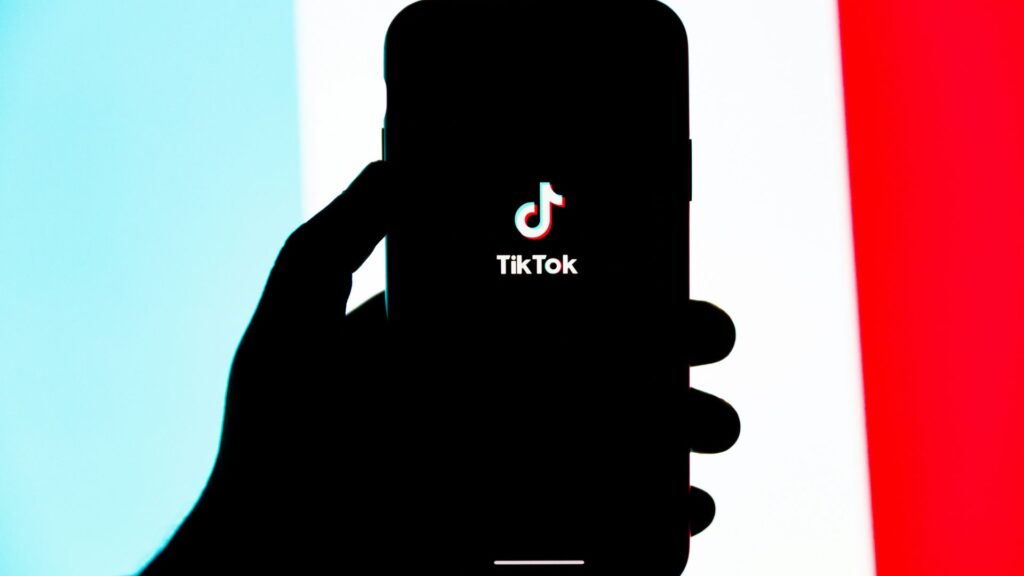
President Donald Trump announced Tuesday that the United States and China have reached a framework agreement to keep TikTok operating in America, extending the app’s divestiture deadline until December 16, 2025, as negotiators finalize a complex transaction. Trump’s announcement came just one day before a federal law threatened to shut down TikTok unless China’s ByteDance divested the platform, underscoring the deal’s urgency and political significance.
“Our message is clear: We have a deal on TikTok,” Trump told reporters at Joint Base Andrews prior to departing for the United Kingdom, where he will discuss the agreement with Chinese President Xi Jinping on Friday. The framework provides a reprieve from the nationwide ban mandated by Congress in 2024 and represents the fourth extension of the divestiture deadline by executive order.
Consortium to Control 80% of U.S. Operations
Under the proposed structure, an American-led consortium—including Oracle, Silver Lake, and Andreessen Horowitz—would acquire approximately 80% of TikTok’s U.S. business. The new entity’s board would be dominated by U.S. appointees and include one seat reserved for a U.S. government representative. ByteDance would retain a 19.9% stake, just below the 20% ownership cap established by the 2024 legislation. Other ByteDance investors—such as Susquehanna International Group, General Atlantic, and KKR—would participate in the controlling consortium, ensuring continuity and expertise in the platform’s ongoing growth (Reuters).
Treasury Secretary Scott Bessent, who led the framework negotiations during trade talks in Madrid, credited Trump’s direct involvement for securing the agreement. “Without his leadership and the leverage he provides, we would not have been able to finalize the deal today,” Bessent said, highlighting the administration’s diplomatic engagement with Beijing to avert a sudden blackout of the app for 170 million American users.
Licensing the Recommendation Algorithm
A critical and unresolved issue centers on TikTok’s proprietary recommendation algorithm, the technology that drives the platform’s personalized content feeds. China’s Cyberspace Administration deputy director Wang Jingtao indicated the framework includes “licensing the algorithm and other intellectual property rights” from ByteDance. Such licensing would allow the U.S. consortium to operate the algorithm under a legally vetted agreement while preserving the platform’s functionality and user experience.
However, the House Select Committee on the Chinese Communist Party has warned that any agreement must fully comply with the divestiture law, asserting “it wouldn’t be in compliance if the algorithm is Chinese.” U.S. lawmakers have expressed deep concerns that Beijing could influence American public opinion through algorithmic manipulation, while China maintains that its export-control laws grant it approval rights over any IP transfers. The parties have reportedly discussed a transition for American users to a new, U.S.-controlled application using a licensed version of the algorithm, though details remain in flux (Forbes).
Legal and Legislative Path Forward
Although the framework agreement buys time, it requires implementing legislation from Congress to become permanent. Lawmakers must draft and pass a bill outlining the divestiture structure, governance safeguards and IP licensing terms. Without congressional approval, the deal could collapse under legal challenges or be superseded by future executive orders. The framework’s success will depend on balancing national security and free-expression concerns with commercial and technological interests.
Former federal judges and legal scholars have emphasized the importance of robust oversight mechanisms, including regular audits of the algorithm’s outputs and transparent reporting to Congress. TikTok’s legal team is reportedly preparing a detailed compliance plan to reassure legislators and courts that the U.S. consortium will uphold data-privacy standards and prevent unauthorized algorithmic modifications.
Political Implications and Reactions
Trump’s announcement comes amid an election year, and both parties have seized on TikTok as a campaign issue. Republicans largely supported Trump’s initial push to compel ByteDance’s sale, citing national-security risks. Some Democratic lawmakers, however, criticized past executive orders as heavy-handed and warned that an abrupt ban would harm small businesses and content creators reliant on the platform.
Media and technology analysts note that the framework reflects a broader trend of “data sovereignty”—countries seeking greater control over digital infrastructure and user data. If ratified, the TikTok deal could set a precedent for future negotiations with other foreign-owned technology platforms, signaling that the U.S. will enforce strict conditions on market access.
Beijing has characterized the negotiations as a political concession, with Chinese state media urging Washington to respect international trade norms. Chinese Foreign Ministry spokesperson Mao Ning described the deal as “a pragmatic solution,” but warned that any deviation from the framework could damage bilateral trust.
Looking Ahead to Trump-Xi Call
The success of the TikTok framework hinges on the upcoming call between Trump and Xi, scheduled for Friday. Senior administration officials expect the dialogue to finalize key terms—particularly regarding algorithm licensing and governance structures—before President Trump returns to Washington to join congressional briefings.
If concluded, the framework could avert a disruptive ban and provide a stable path for TikTok’s future in the U.S. market. Yet, with significant legislative and legal hurdles remaining, the deal’s final outcome remains uncertain. Both governments appear committed to adhering to the December 16 deadline, but any missteps in negotiations or drafting could reignite the dispute and prompt renewed efforts to restrict the platform. The coming weeks will determine whether TikTok will survive as an influential social-networking service or become a casualty of geopolitical tech rivalry.




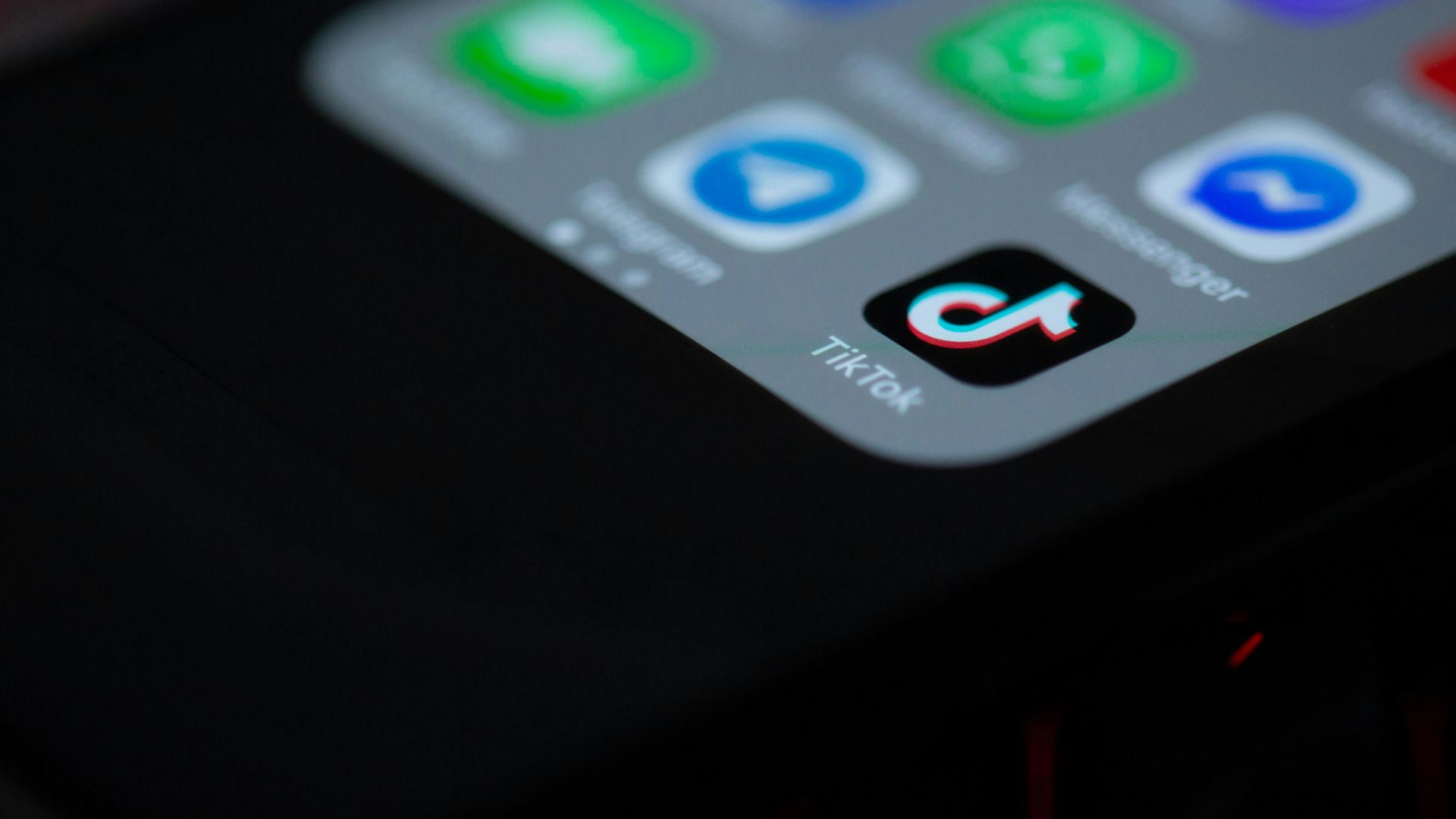
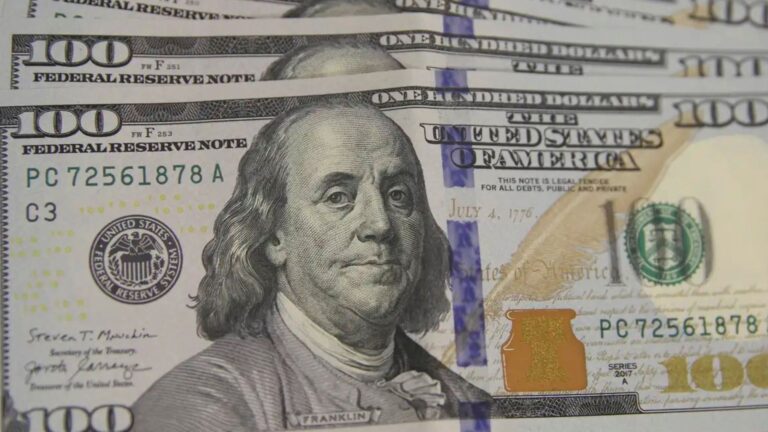
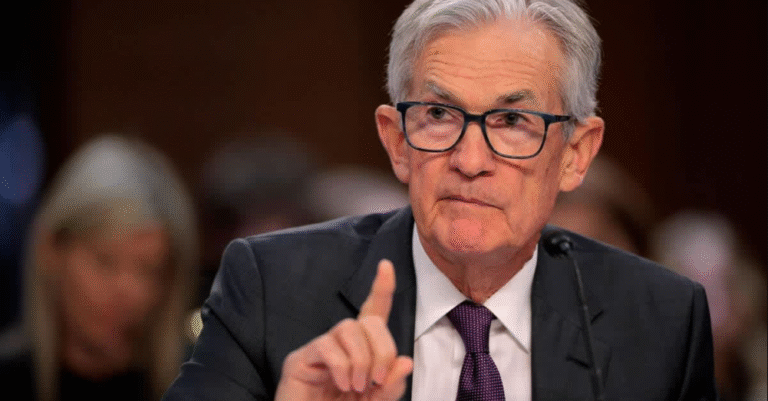
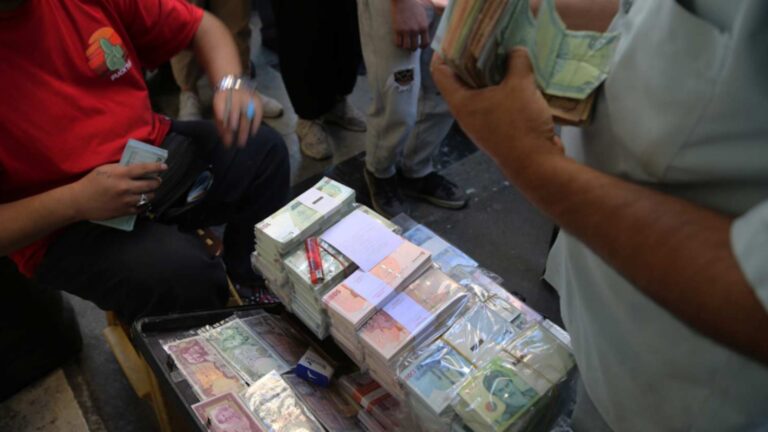





Your article helped me a lot, is there any more related content? Thanks! http://survey-smiles.com